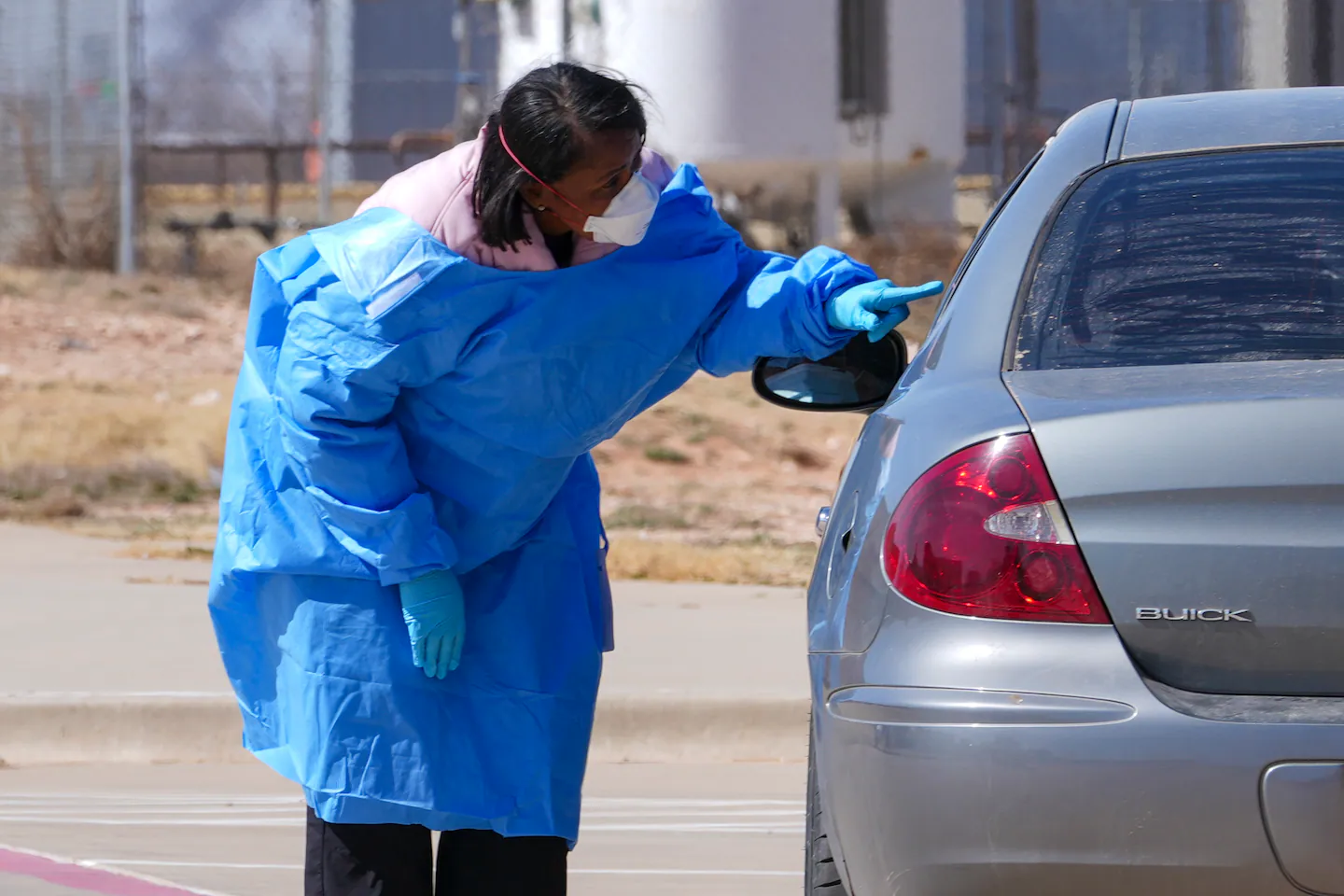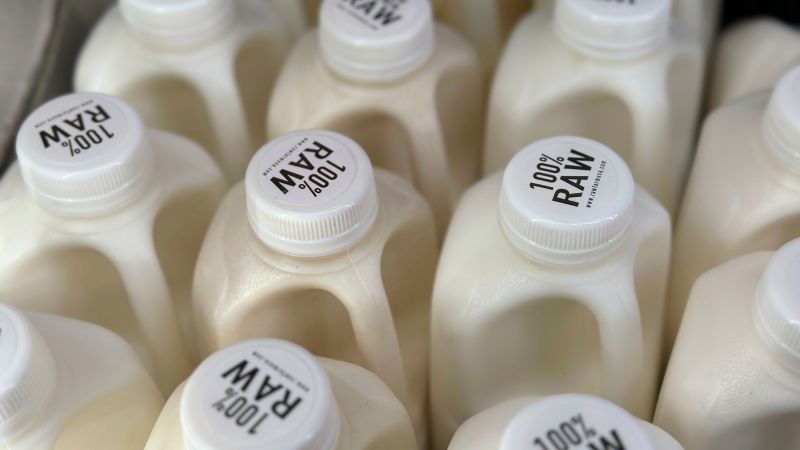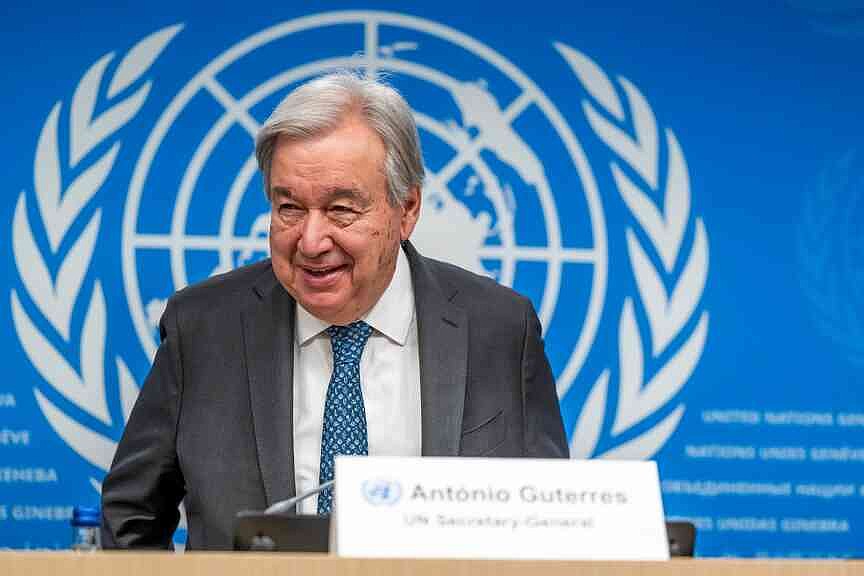Copyright The Boston Globe

Vaccines have always done far more than prevent illness and save lives. They make modern life possible. Before vaccines, infectious diseases routinely dictated daily life. Schools and pools closed during outbreaks, theaters went dark, and markets closed. Measles alone infected hundreds of thousands each year and killed hundreds of children in the United States. Safe and effective vaccines changed all that. They made it possible for us to live by our own choices, not by the pathogens circulating around us. Twenty-five years ago, measles was declared eliminated in the United States. That milestone is now in jeopardy. In Texas, where the current outbreak began, several private schools were forced to close temporarily. In South Carolina, more than 150 unvaccinated students are quarantining for three weeks because of a measles exposure. Undervaccination in these populations is depriving children of their freedom to go to school safely. Already, two-thirds of US counties fall below the 95 percent vaccination rate needed for community protection against measles, including in Texas and South Carolina. Some schools in Texas have rates below 50 percent. These are cracks in the wall that keeps our children safe. The danger today comes not from science but from politics. Vaccine skepticism, once relegated to fringe corners of the internet, now holds influence at the highest levels — including inside the Department of Health and Human Services, led by Secretary Robert F. Kennedy Jr., a longtime vaccine critic. Kennedy and his allies are advancing policies that sound technical but are designed to undermine vaccine confidence and access. They cherry-pick data, misrepresent science, and disguise ideology as debate. One proposal — to split into three shots the proven single-shot MMR vaccine against measles, mumps, and rubella — is a case in point. It pretends to offer parents “choice,” but by tripling the number of appointments and injections, it also triples the opportunities for doses to be delayed or missed. The predictable outcome will be lower vaccination rates — which is precisely their goal. This is part of why the country finds itself on the verge of a new era when a lot more people, including kids, will be sick with measles. These outbreaks are already disrupting schools, and more disruptions are expected if immunization rates continue to fall for measles and other diseases prevented by vaccines. The nation is moving, dangerously, to a new “normal” in which protecting children will mean taking away their freedom to go to school or anywhere else with others. That will mean disrupted learning for our kids, missed work for their parents, and more stress on families. School immunization requirements, first introduced in Massachusetts in 1855 to stop smallpox, have protected generations of students. They are one of the oldest and most successful public health tools in the nation’s history. Rolling them back — as Florida has done and other states are now considering — would give away liberty and exchange it for chaos and illness. States learned during COVID-19 how deeply school closures affect children’s mental health, learning, and development. Then, leaders faced difficult options: Open schools and potentially risk lives (at least until we learned we could open schools safely), or close them and harm education. With measles and other preventable diseases, we know what works: Prevent outbreaks in the first place, and keep schools open. Vaccines are one of the most powerful tools of freedom. They allow each of us to live independently while protecting one another. When vaccination rates fall, we all lose that freedom — especially children, immunocompromised people, and those who rely on community immunity for safety. The United States is now at risk of undoing decades of progress. As the layers of protection that have kept us safe from measles, polio, hepatitis B, and other vaccine-preventable diseases begin to crack, the freedoms people rely on every day will begin to crumble, too. Vaccines protect lives and our way of life. Undermining them doesn’t just endanger our health — it endangers our freedom itself.



